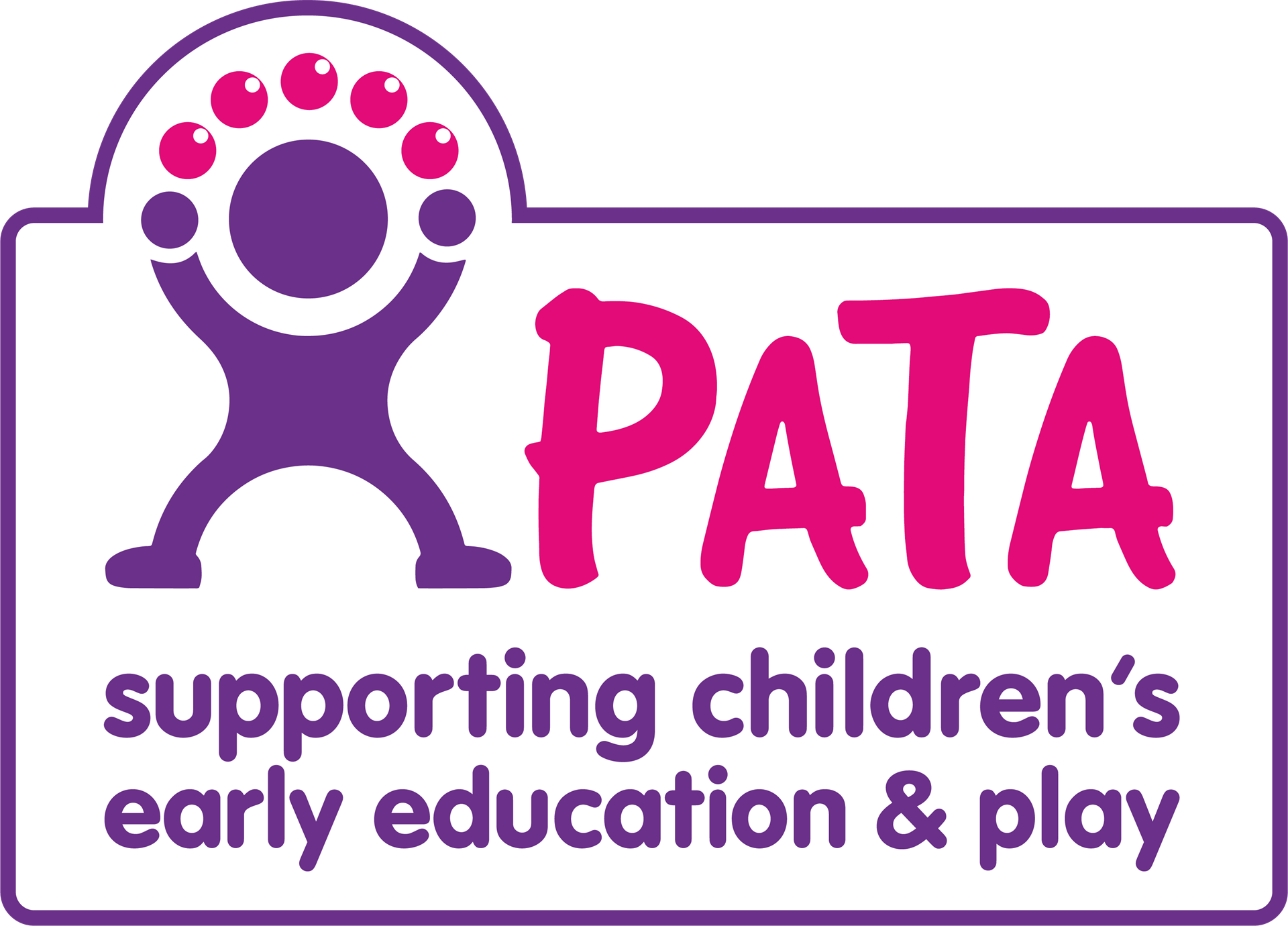Your early years curriculum
The Early Years Foundation Stage (EYFS) sets out the ‘curriculum’ for early years education. It sets the standards for the learning, development and care of children from birth to 5 years and as Ofsted registered providers you must follow it.
The EYFS gives seven areas of learning that will shape the educational programme within your setting. Your programme (how you deliver your curriculum) must include activities and experiences involving the seven areas of learning and development but it is up to you what this looks like and how you deliver it. But your curriculum will be delivered mostly through play in the seven areas as follows:
- communication and language
- physical development
- personal, social and emotional development
- literacy
- mathematics
- understanding the world
- expressive arts and design
Additionally, in planning and guiding children’s learning activities, practitioners must consider the different ways children learn and reflect these in their practice.
Within the EYFS the early learning goals summarise the knowledge, skills and understanding that children should have gained by the end of their Reception year. The assessment requirements detail when and how you assess children’s achievements, and when and how you should discuss progress with parents/carers.
There's a helpful gov.uk information page on the early years curriculum here.
Your own educational programme
What your educational programme looks like and how you deliver your activities taking into account the seven areas of learning and development is up to you. As long as you meet the requirements set out in the EYFS then you will be delivering a round and full curriculum.
You may choose an ethos such as Planning In The Moment, or you may choose to blend this with other planning. It will depend on your staff teams’ experience, skills, knowledge, depth of understanding of child development, and dynamic.
Birth to 5 Matters or Development Matters?
These are two documents that support practitioners to implement and deliver the statutory requirements of the EYFS. They both provide non-statutory curriculum guidance and it is therefore up to you as a setting to decide if you want to follow one, or both of them. Both provide details on what to expect when, and how to support children reach the early learning goals and are created by early years experts. In considering and investigating both documents, there are differences between them:
Birth to 5 Matters (Bto5): is a long document which used Development Matters 2012 as a starting point. Praise for it is that it covers gaps missing from the new Development Matters (such as the sub strands that have disappeared) and so provides a step-by-step guide that may be useful to support less confident staff teams.
Development Matters 2021 (DM): is a slimmed down version where they have chosen to use fewer and broader stages and praise suggests it is easier to move more fluidly between them. Also, that this document emphasises practitioners moving away from paperwork to work with children.
Criticism of DM is that it expects a certain level of knowledge of staff teams and therefore may not work as a stand-alone document for less experienced staff, but this can also be cited as a positive as it supports staff teams on their journey rather than telling them how to do it – a criticism of Bto5.
So, if you feel confident in your practice and want evidenced support, DM may be for you, however if you are starting your journey, then gaps can be filled by Bto5. Many settings will potentially choose a main document and feature it as part of a range of documents that they use. In this way you can use both to support your practice.
Ultimately, both are high quality documents and there are positive elements in each. PATA would not recommend one or the other simply because we don’t know your staff teams, and we feel that it is only you and your team that can make that choice based on how you work together.
PATA’s training programme
With all this in mind PATA aims to provide a rounded programme of training that enables managers and practitioners to make their own informed choices as to what methods and techniques they want to develop within their own setting. As a supporting organisation, with many member settings, we know the make-up of staff teams and the difference of leadership and management, will affect and impact upon what you can, and sometimes want, to deliver. We therefore feel it is important that we offer impartial and diverse training opportunities for you and your staff teams to access.
We understand we aren’t the only providers offering high quality training, but when considering training for your staff teams, particularly in relation to the EYFS reforms, be mindful of who is delivering it as some providers are directly linked with DM or Bto5 and may therefore not deliver an objective summary.
Debs Adams (PATA Project Support Officer)
